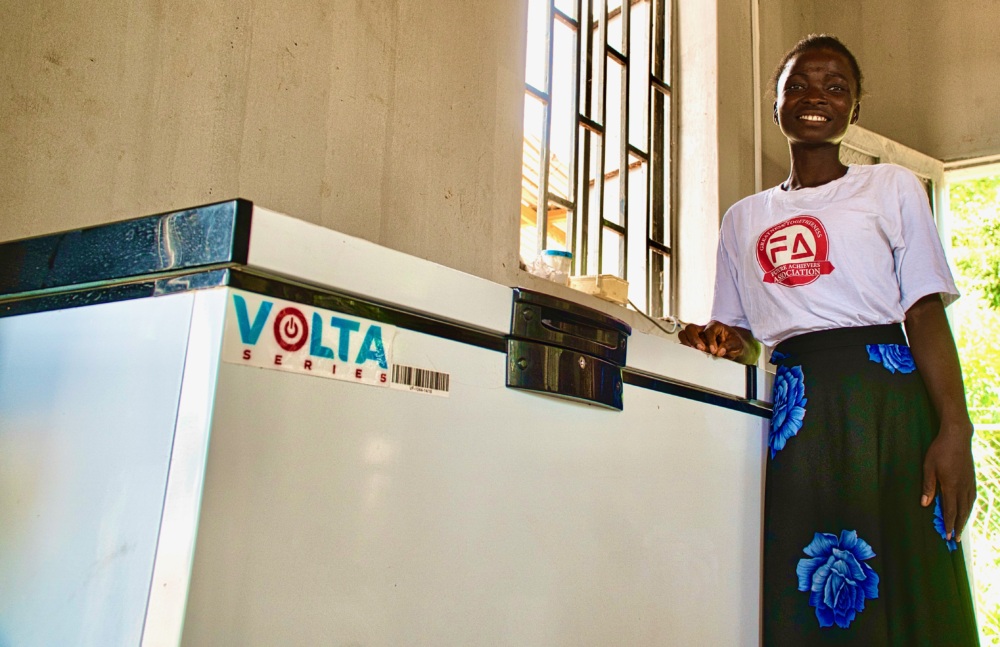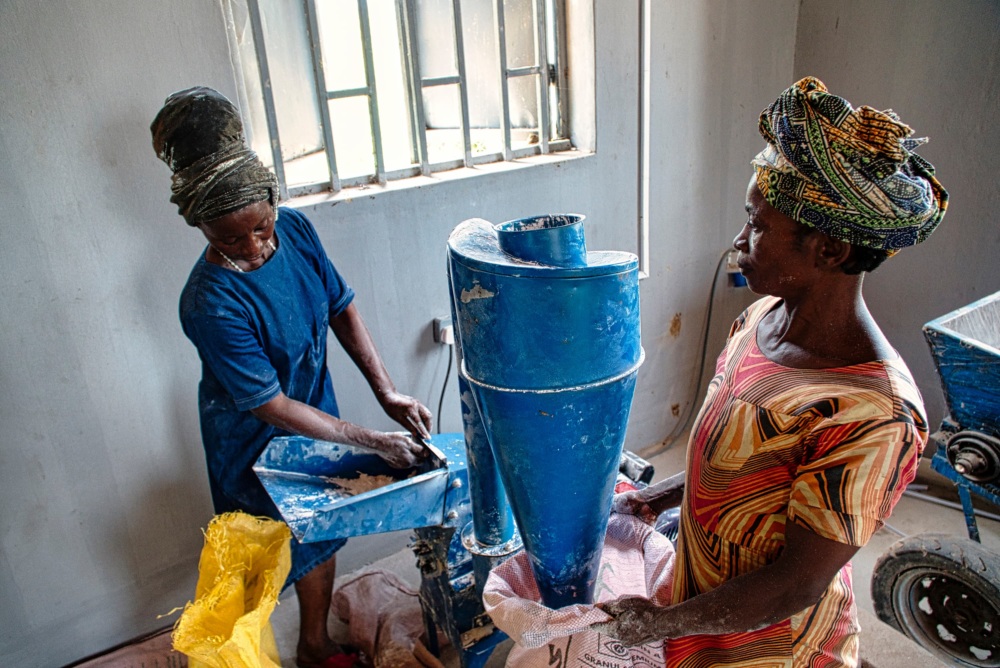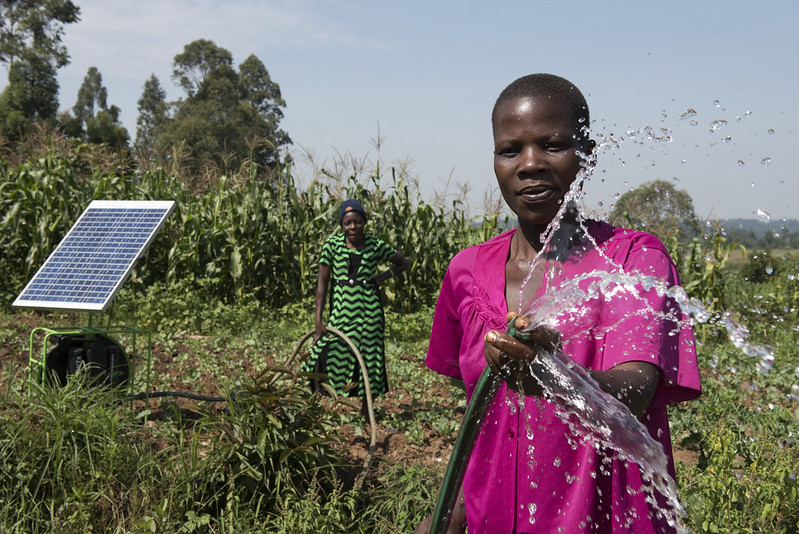New Research from Efficiency for Access and CLASP Highlights Bangladesh Market Barriers and Opportunities for Energy-Efficient Appliances.
Over 40 million Bangladeshis lack access to electricity. Improving access to modern energy and high-quality energy-efficient appliances—both off- and on-grid—would not only benefit individuals, but also generate global impact by reducing the emissions footprint of one of the most populous countries.
In Bangladesh, small retail outlets facilitate the sale of most appliances and play a pivotal role in shaping consumer decisions. Retailers determine the number and type of appliances sold at their shops and communicate important product information to consumers. Through a Global LEAP Awards results-based financing (RBF), CLASP conducted 55 in-depth interviews with retailers in Bangladesh in 2018 to learn about the retail market for domestic appliances. This study synthesizes those interviews and finds the market conducive to improving the quality and availability of appliances, creating opportunities for businesses and society.
Key findings include:
- The Bangladeshi population remains mostly poor, but the country’s economic outlook is positive and the market potential for appliances – both AC and DC – is strong. While there are some positive trends in electrification and quality of the on-grid power, grid-independent solutions, like efficient DC appliances, may have competitive advantage over traditional appliances.
- The market penetration of appliances is low and is reflected by low availability of devices at shops. Low availability of appliances is often due to experience or expectation of no demand for certain products, however, lack of capital and physical space are also barriers.
- Most of the shops selling appliances in Bangladesh are small and relatively densely distributed businesses, operated by less than three people and offering a very limited range of appliances. While retail shops have intimate knowledge of local markets, their cost of distribution are high. Shops may need to transfer some of their risk onto other players such as distributors, manufacturers, or the government supported programs in order to increase their product offerings, provide extra services such as finance or undertake promotional efforts.
- According to retailers, the price of appliances remains the main driver of sales and while consumers would like to invest in higher quality appliances, liquidity constraints prevent them from doing so. Evidence suggests the market would benefit from more financing options, but sellers seem to have a low awareness of their advantages. Addressing this lack of awareness, in addition to expanding financing options, will be important for growing the market in Bangladesh.
- The Bangladeshi market should be attractive to both large and small players. The former, could back their appliance offering with extra services, such as financing for end users and shop owners. Smaller players could benefit from still limited barriers to entry and a more acute understanding client needs.
- Solar solutions, especially among more advance appliances, could leverage the potential created by their independence from the grid and lower operating costs, but will have to overcome low levels of awareness amongst sellers. Quality of the grid as main drivers of sales for solar appliances. This conclusion however needs to be seen from the perspective of the general low awareness of more advance solar appliances such as fridges and solar water pumps.
- Government programs or initiatives by external partners may be crucial elements during the initial phase of market creation. Initiatives like results-based financing help unlock the vast potential of the Bangladeshi market and steer demand towards efficiency and sustainability in the long term.
This study’s findings highlight an exciting time for the appliance market in Bangladesh, and underscore important considerations for market development efforts. Read The Appliance Market in Bangladesh: Lessons Learnt from Field Visits and Interviews with Retailers and visit Efficiency for Access to learn more about the work CLASP is doing to advance energy-efficient cooling solutions in off- and weak-grid communities.









